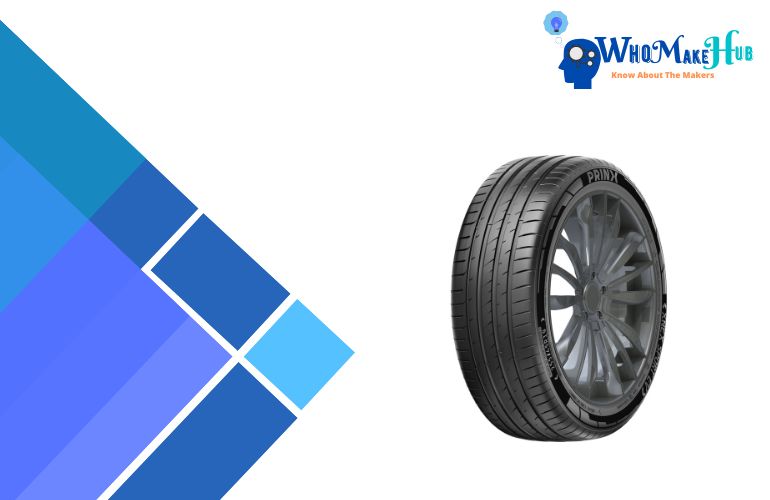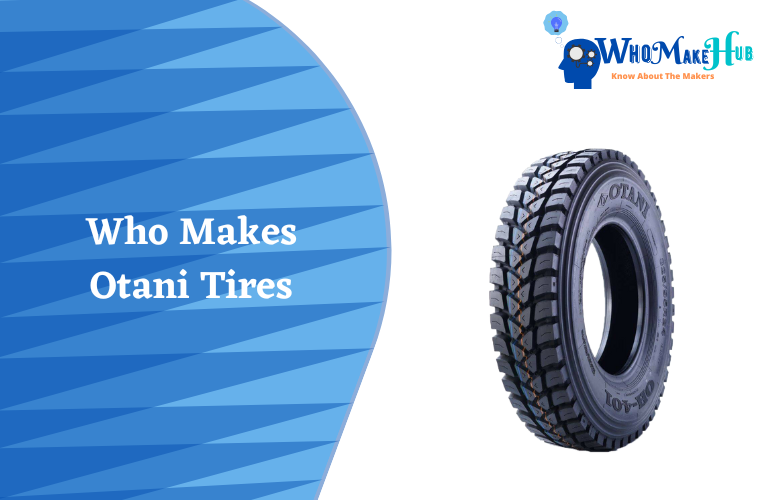Boeing is the world’s largest aircraft corporation and a leading maker of commercial jetliners, defense, space, and security technologies, as well as an aftermarket support service provider. Boeing has a long history of aeronautical invention and leadership.
To address evolving client needs, the company continues to extend its product line and services. So, are you wondering about who makes Boeing engines?
Let’s get started! If so, you have landed in the right place because this write-up will let you know all the necessary information about Boeing engines.
Who Makes Boeing Engines?
It depends on which specific model you’re looking at. But there are few major players in the business of manufacturing jet engines for airliners. CFM International, GE Aviation, Pratt and Whitney, and Rolls-Royce are the major companies for making jet engines. The Boeing engines are mainly made by CFM International.
CFM International has the most significant market share in North America and the world, manufactures jet engines for commercial aircraft. It provides Leap and CFM56 model engines, as well as older engines. Its headquarters are in Cincinnati, Ohio.
History of CFM International
CFM International is a 50:50 joint venture between Safran Aircraft Engines of France and General Electric of the United States. The firm was founded in 1974 due to an agreement between Safran Aircraft Engines and GE to jointly develop and maintain the CFM56 engine, the company’s sole product.
In the late 1960s, Safran Aircraft Engines signed a production agreement with GE for their CF6 engine, tying the two businesses together in financial and manufacturing terms. The engine’s low-pressure turbine and fan are manufactured by Safran Aircraft Engines, while GE Aviation manufactures the engine core.
Following political and economic challenges, the program was salvaged from cancellation by orders from Delta Air Lines and Flying Tiger Airlines, followed by the US Air Force.
Since then, the CFM56 has become one of the most successful commercial aviation engines of all time, with the 20,000th engine delivered in February 2010. To date, 520 customers have purchased the machine, and CFM56 engines power almost 8,000 commercial aircraft.
The engine has been divided into six variants, with a new generation engine, the LEAP-X, now in the works. The LEAP-X has been chosen to power the new COMAC C919 150-passenger aeroplane, which will commence commercial service in 2017.
The Leap-1B Engine for Boeing 737 Max
You must have heard of CFM. let us tell you that this specific engine is the end result of CFM and Boeing. They worked for long six years and finally came up with this revolutionary engine.
If you want to compare this model with today’s CFM engines, namely the CMF56, you will see close to 15% improvement in many sectors including fuel consumption, carbon emission and Nitrogen oxide emissions.
Furthermore, the engine noise signature is below the anticipated regulatory limits. The CFM engines are well reputed for their low maintenance expenses and exceptional dependability that are quite not available with most other type of engines.
The new engines come with all the features that make them stand out. They are more lightweight, long-lasting and packed with great technologies.
Since 1981, CFM engines have been the only power plant available for Boeing’s 737 planes, and that relationship between CFM and Boeing will continue with the 737 MAX as well. A total of 1,185 LEAP-1B-powered 737 MAX aircraft have been ordered with definite commitments so far.
Airbus vs. Boeing Engines
When viewed from the front, the A320 engines appear larger and more symmetrically shaped, and the B737 engines appear smaller and have a “flatter” region on the bottom.
The B737 has a lower centre of gravity than the A320, which means its engines are closer to the earth.
This flat bottom on the engine helps prevent “pod strikes,” where the engines accidentally roll and contact the ground.
🔷 LEAP-1A
The LEAP-1A engine offers A320neo operators improved performance in fuel consumption and CO2 emissions ( 15 percent lower1 ), NOx emissions ( up to 50 per cent lower2 ), and noise, designed to address the challenge of decarbonizing air transport.
🔷 LEAP-1B
Designed to meet the challenge of decarbonizing air travel, the LEAP-1B engine provides Boeing 737 MAX operators with improved fuel efficiency and CO2 emissions reductions of 15%1, up to 50%2 and noise reductions of 50%2.
FAQ
Does Boeing use Rolls Royce engines?
GE Aviation competes with Rolls-Royce to supply Trent 1000 engines, which led to multiple 787s being grounded amid a surge of engine shop visits, as noted by East. Trent 1000 is the only commercial engine model Rolls-Royce supplies to a current Boeing program.
Does GE Make Boeing engines?
Boeing’s 747, 767, 777, and 787 aircraft all use GE engines. GE and Safran formed a joint venture to produce machines for Boeing’s workhorse 737 aircraft family, which uses CFM International engines. Safran also partnered with Boeing to create auxiliary power units (APU).
Do Boeing and Airbus use the same engines?
Boeing and Airbus both employ the LEAP engine. The problems with the Boeing 737 MAX have been widely reported. Since the middle of March, the plane has been grounded worldwide due to two deadly crashes within a few months. For MAX clients, there is only one engine option: the Leap.
Who builds Boeing 777 engines?
Engines developed by GE Aviation for the Boeing 777 are known as the General Electric GE90, and their thrust ratings range from 81,000 to 115,000 pounds of force (360 to 510 kN). In November 1995, it began flying for British Airways.
Who is the largest manufacturer of aircraft engines?
CFM International
Conclusion
That’s all there is to it. Do we hope we were able to clear up any confusion about who makes Boeing engines? Check our website for further inquiries. So, if you find this article well, don’t waste your time and book your desired machine. We are always here to help you.



